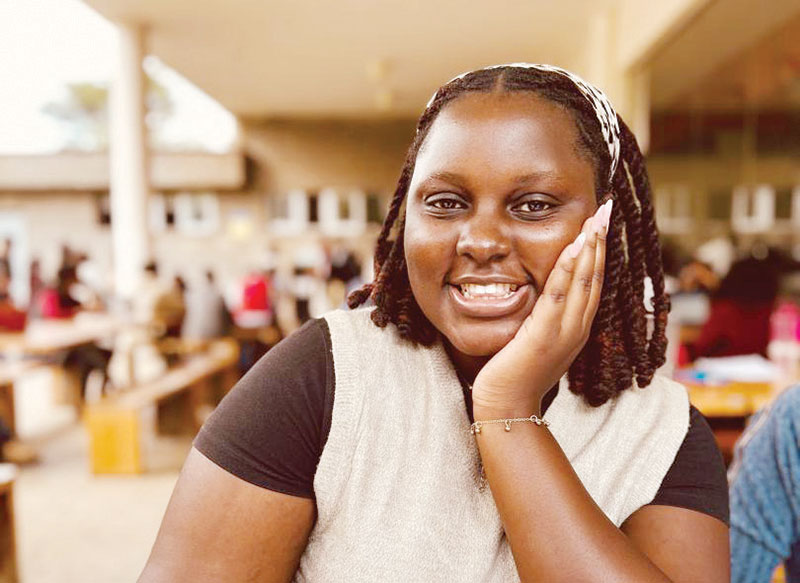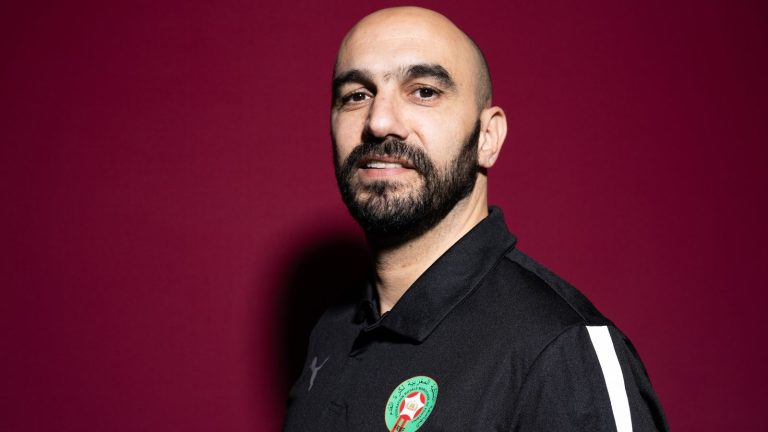
Imagine you just finished high school, are beginning your form 6 vacation, and every school in the country is shut down for the foreseeable future.
What would you do? Do you push your dreams and goals to accommodate the state of the nation? Or do you pivot? Many students who graduated from high school between 2020 and 2023 found themselves in this very position, trying to decide between halting their future to wait for Uganda to catch up and looking elsewhere for higher education opportunities.
Parents and students were beginning to conclude that studying in Uganda was pointless, when they realized that even our neighbours Kenya had adapted and were still operating schools and universities, albeit online; life was still moving on.
So many decided to look abroad for their further education. Most Ugandans have a particular perception of what it’s like to live and study in “outside countries” as we like to say, somehow concluding that it is better than living and studying here.
And the further from home, the better. Maybe because it costs more to study outside Uganda sometimes, or because people outside Uganda look like they are having the ‘time of their lives’.
Perhaps it is, in some ways, but many aspects of living and studying abroad are often overlooked, leading to a misconstrued perception among those back home of those who decide to take the leap of faith. The first time you walk through the gates of your new campus and into your new life as an undergraduate, is an experience unlike any other.
Excitement, hope and anxiety rush through your veins as you realise that for the first time possibly ever, you are going to be an adult, in all senses of the word. From finding food, to taking care of yourself when you fall sick, to getting yourself where you need to be – you are responsible for yourself and your wellbeing.
Karen Nabagesera, a Bachelors of Commerce student specializing in finance at Strathmore University in Nairobi, Kenya, shared that the first time she really felt like an adult was when she received her first semester timetable and had to figure out where her classes were and being responsible for attending classes to sit exams at the end of the semester.
At Strathmore University, you can only sit your exams if you have attended two thirds or more of the classes for that unit; if you miss more than that, you will have to repeat the unit another semester, meaning more money spent and more time wasted.
Nabagesera’s lecturers reportedly said to their students: “You now have freedom, the freedom is in your hands,” because it was their actions throughout the semester that would guarantee their ability to sit their exams, continue at a normal pace and ultimately, graduate on time.
However, Nabagesera shared that she felt like it was a burden to have that freedom. Sometimes, stepping into adulthood starts long before you even get to university. Rasheli Uwamaria, a 2025 Strathmore University graduate with a Bachelor of Arts in International Studies, shared with The Observer that leaving Uganda felt like her first step into adulthood because it was the first time she had ever left the country alone and she was stepping into her new life.
She describes the experience as scary, though she was happy she already had some friends in Nairobi who started to support her as soon as she touched down by picking her up and helping her settle in. Those friends later became family.
NO BED OF ROSES
Making friends in a new country can prove to be quite difficult. Several issues could arise that hinder that, from the differences in cultural expectations of friendship to language barriers and miscommunication.
So, sometimes students who decide to study abroad choose to mingle with their own people. When this fails and there is no success in integration, the fallout can be disastrous, as Eric (not real name) discovered when he went for his undergraduate studies in Malaysia in 2010.
“The loneliness, the homesickness, the strangeness of the new country, all coupled with the freedom I was handed, sent me over the edge into alcoholism and drug abuse,” he shared.
He never completed his degree and returned to Uganda as a social nuisance, and is still fighting to get his life back on track through rehab. Aliinda Nabulo, a 2025 Strathmore graduate, shared that when she started university in Nairobi, she did not know anyone who was in the same university doing the same course; so, she looked for phone numbers in her class WhatsApp group with the signature +265 and began to reach out.

However, that too does not always go as expected. Timothy Kaaya, a Ugandan third-year student working towards his Bachelor of Science in Informatics and Computer Science, said: “We Ugandans aren’t that united. We might know each other, but unless it’s within a friend group, it’s every man for himself ”
The Ugandan community in Strathmore does not house deep relationships and instead is very shallow and reduced to knowing of people rather than actually getting to know and befriend people in a deep and lasting way.
The two sides of the same coin show a duality within our culture and how we present ourselves as Ugandans out in the world. Although we present as kind, happy, fun, hospitable people, and consequently know a lot of people, sometimes we do not form deep bonds and the relationships remain surface-level unless we genuinely put in the effort to grow and sustain the relationship.
Deeper relationships go past good vibes and basic human decency. But what if you are in a place where decency means something different than what you have been brought up to know?
CROSS-CULTURAL BLEND
Culture plays a huge role in how we interpret different situations and behaviour. What is okay to some may be preposterous to others, simply because they come from different cultures. A great example of this is food etiquette.
In Uganda, we are taught that to respect our food means to sit down when we eat it and give it the proper time, in the proper place. Interestingly, in Nairobi, the culture is very different. You can often see people munching on chips or samosas while they scurry to their next destination.
Sometimes it even goes as far as people eating very fragrant foods such as fish in matatus (the crazier, faster, noisier version of our taxis). As a Ugandan, you would probably be thinking, “These Kenyans! They have no manners!”
But that is because you don’t understand their culture. Nairobi is a very fast-paced place. There is always something happening, people are always chasing opportunities, and if you do not speed up, you will be left behind.
People don’t always sit down and eat properly because they just do not have the time; they have to make their next move, or miss their next opportunity. Uganda is a bit slower, we like to take our time and live in the moment, and it shows in our actions, even in the way we choose to eat.
In light of these cultural differences, intercultural relationships become quite an interesting endeavor, but they are necessary for international students to milk their education to the fullest, both socially and academically.
When you go to a school outside your country of origin, you become a minority; so, content often will not be tailored to you, and you must work a bit harder to understand it fully.
You don’t realize how important language and culture are until you are left out of conversations or don’t understand certain references just because you grew up in a different place. But all that is bearable because of the education and experience you come home with.
olowo.emilykate@gmail.com



